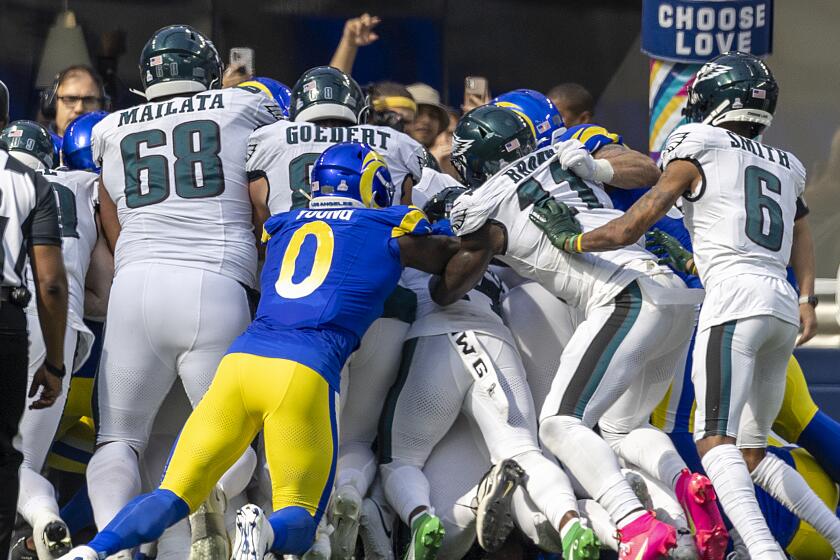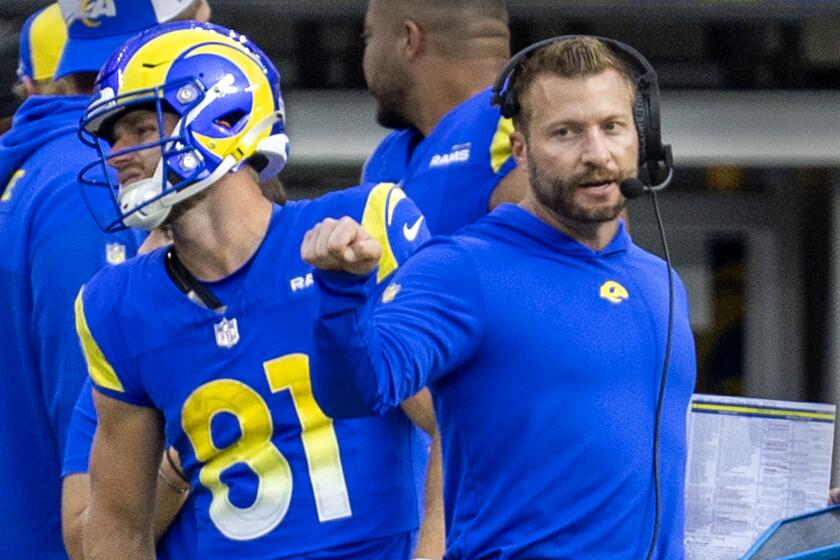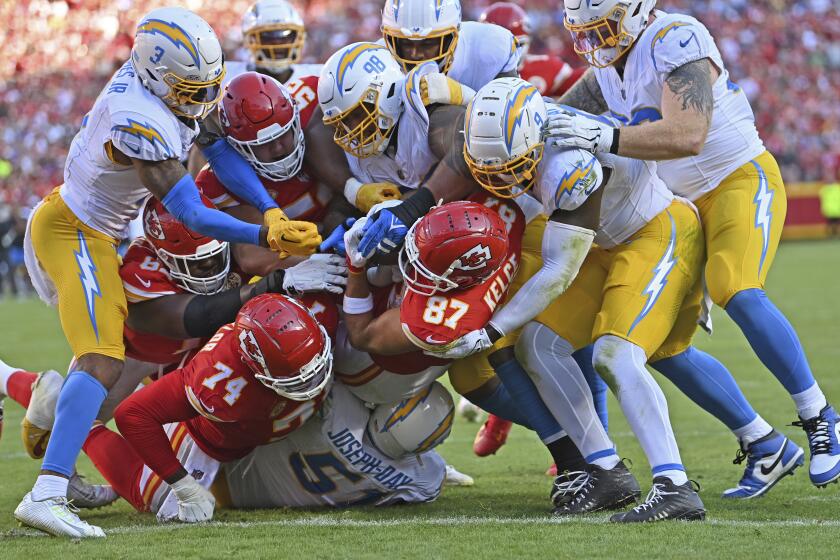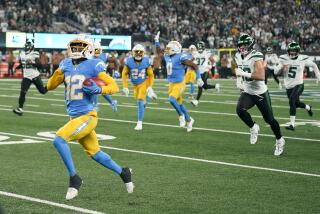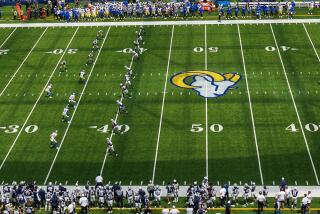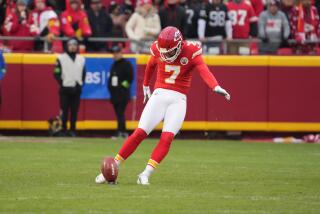Ban the ‘Tush Push’ in NFL? Nick Sirianni explains why Eagles’ run play should stay
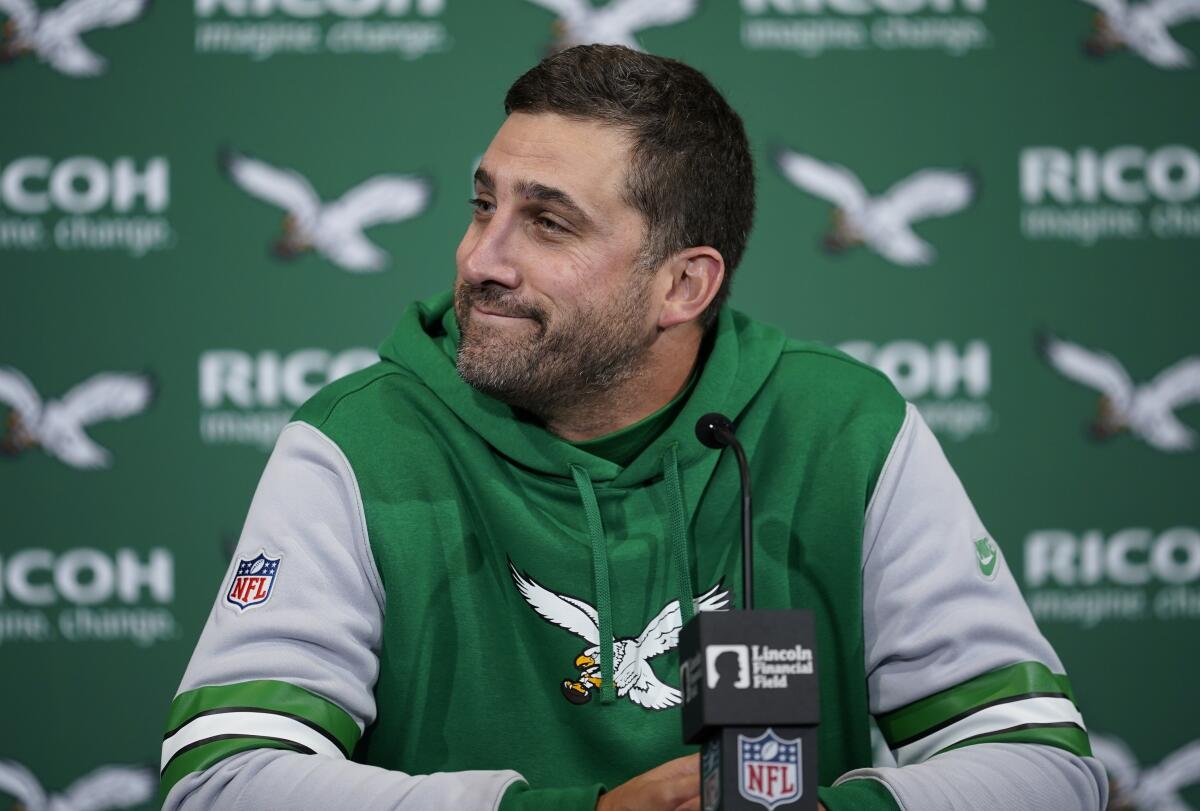
Nick Sirianni seems a bit cocky, doesn’t he?
You probably would be too if you were an NFL coach and it felt like “every first down is a first-and-nine,” like Sirianni said Sunday it does for his Philadelphia Eagles on the offensive side of the ball.
And why exactly does it feel that way for the defending NFC champions? The “Tush Push,” of course — or as the play is known in Philadelphia, the “Brotherly Shove.”
You know how it works by now — it’s basically a quarterback sneak with a little boost from behind. In short yardage situations, quarterback Jalen Hurts takes the snap with five-time All-Pro center Jason Kelce and a stellar offensive line bunched in front of him and two or three players right behind him.
The Philadelphia Eagles are nearly unstoppable in short-yardage situations because of the “Brotherly Shove,” but the play’s days could be numbered.
That’s when all the shoving starts, with Hurts almost inevitably emerging from the mass of humanity with a first down. During their 31-17 win over the Miami Dolphins on “Sunday Night Football,” the Eagles were successful all four times they attempted the play.
Here are a couple of examples from that game:
“Every first down it’s first-and-nine, knowing that if you get to fourth-and-one, shoot, a lot of faith in that play,” Sirianni told reporters after the game. “Jason Kelce starts it off, Jalen Hurts is right there being able to drive.”
Two of those attempts came during a fourth-quarter drive in which Philadelphia was nursing a seven-point lead. The first came with just over 10 minutes remaining in regulation, with the Eagles facing fourth-and-one from their own 26. Sirianni initially sent the punt team out, then called a timeout to reassess the situation.
“We all got back to the sideline and he felt ... that he was being stupid and he needed to send us back out there,” Kelce told reporters after the game. “It was pretty much what he expressed to us, like, ‘What am I doing? Get back out there, we’re doing this.’”
Sean McVay says he’s enjoying the challenges of coaching, but will losses like Sunday’s against the Steelers continue to be the norm for the Rams?
The ensuing Brotherly Shove resulted in a two-yard gain by Hurts, a first down and this reaction from Sirianni:
Three plays and less than two minutes later, the Eagles faced fourth-and-one from their own 37. This time there was no hesitation, as Hurts’ tush was pushed two yards to extend a drive that eventually consumed nearly seven minutes and resulted in a touchdown that gave Philadelphia a 14-point lead with less than five minutes remaining.
Other teams attempt their own versions of the push, but no one has been more successful with it than the Eagles, who have converted on 41 of the 44 times they’ve run it over the last two seasons. That success rate, as well as the potential dangers that come with the play, have led many to believe it will be banned. The NFL competition committee took no action to prohibit it last offseason, but the topic is expected to come up again.
Sirianni told reporters Sunday that the fact that other teams aren’t able to pull off the Tush Push as well as the Eagles shows that the play doesn’t offer an unfair advantage to teams that attempt it.
“You’ve seen it across the league that people can’t do it like we can do it,” Sirianni said. “They can’t do it like we can do it. And so I’m making my plug right there, don’t ban this play. Like, if everyone could do it, everyone would — where’s the camera? If everybody could do it, everybody would do it.”
By the end of that comment, Sirianni was being loud. And obnoxious. And smirky. And, yes, cocky.
But one way to stop him from being all those things is to stop the Brotherly Shove on the field. And so far, no one has been able to consistently do that.
The Chargers offense seemed up to the challenge of keeping up with the Chiefs offense in the first half but could not score in the second in a 31-17 loss.
More to Read
Go beyond the scoreboard
Get the latest on L.A.'s teams in the daily Sports Report newsletter.
You may occasionally receive promotional content from the Los Angeles Times.
